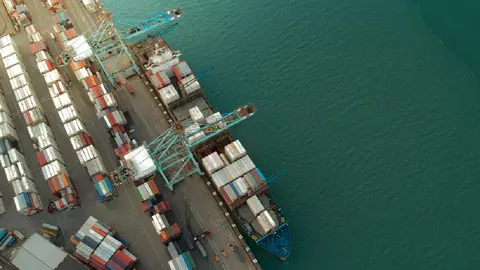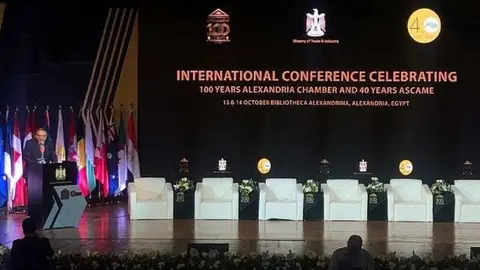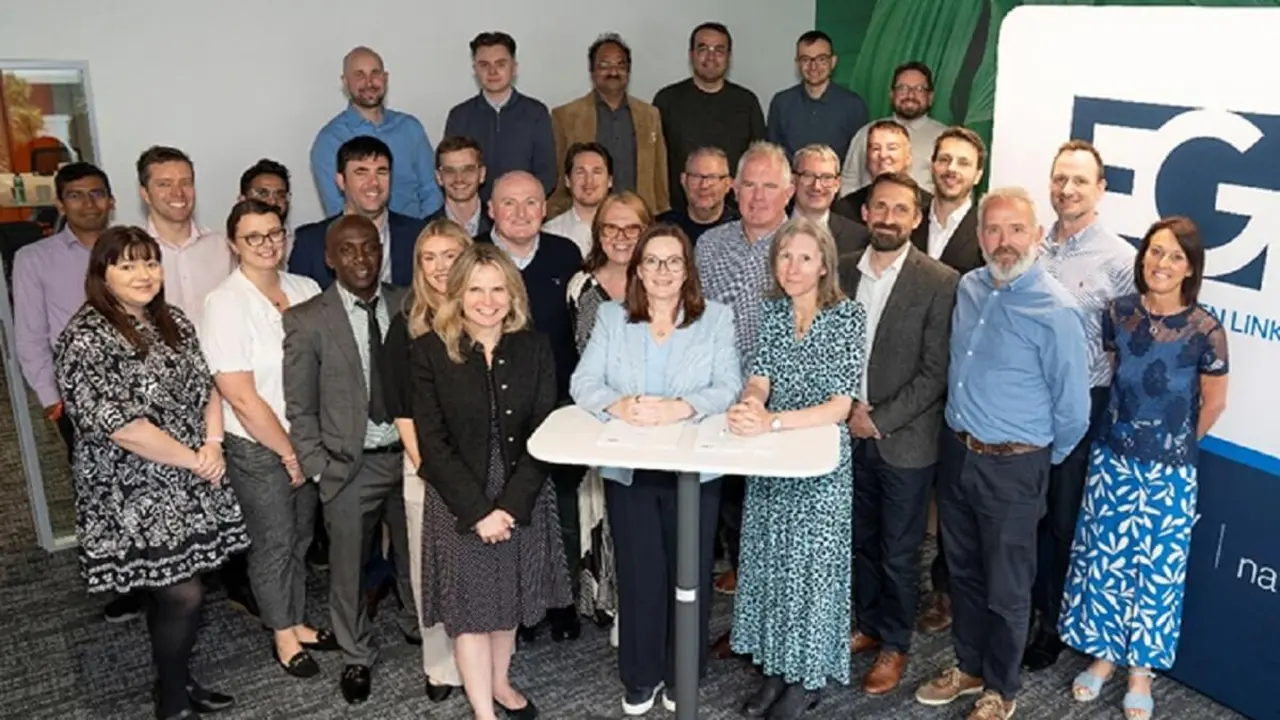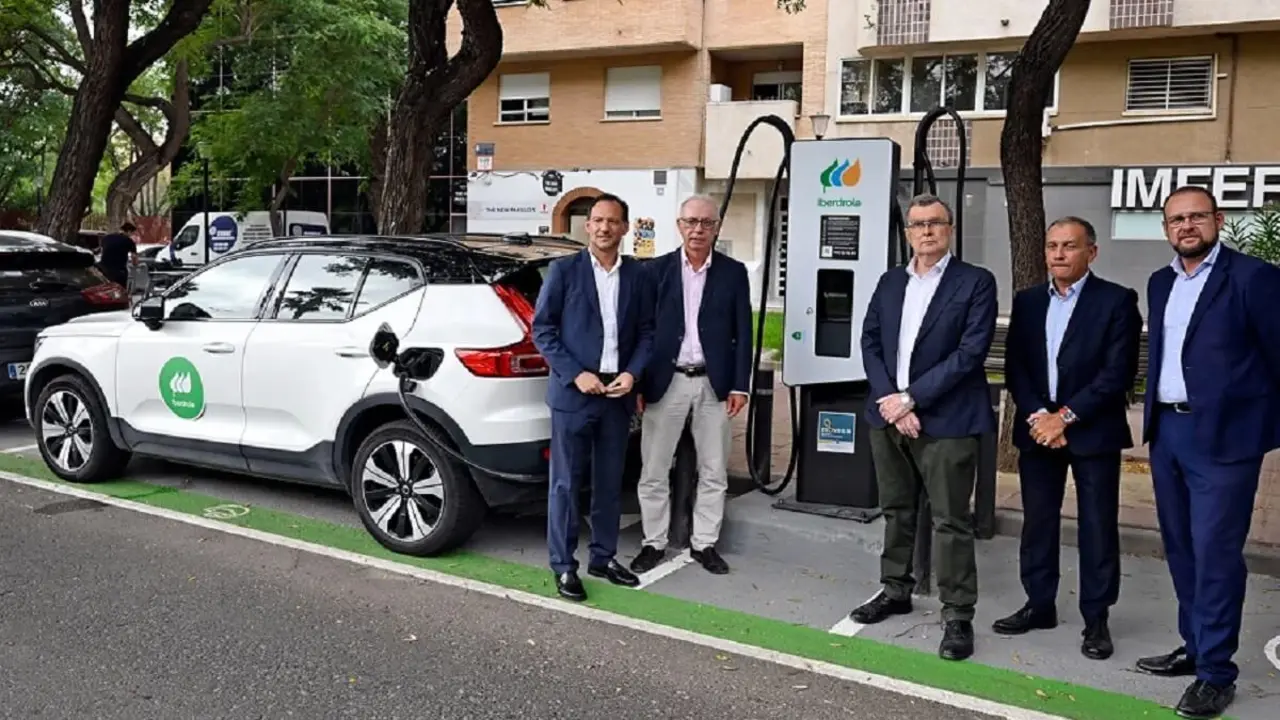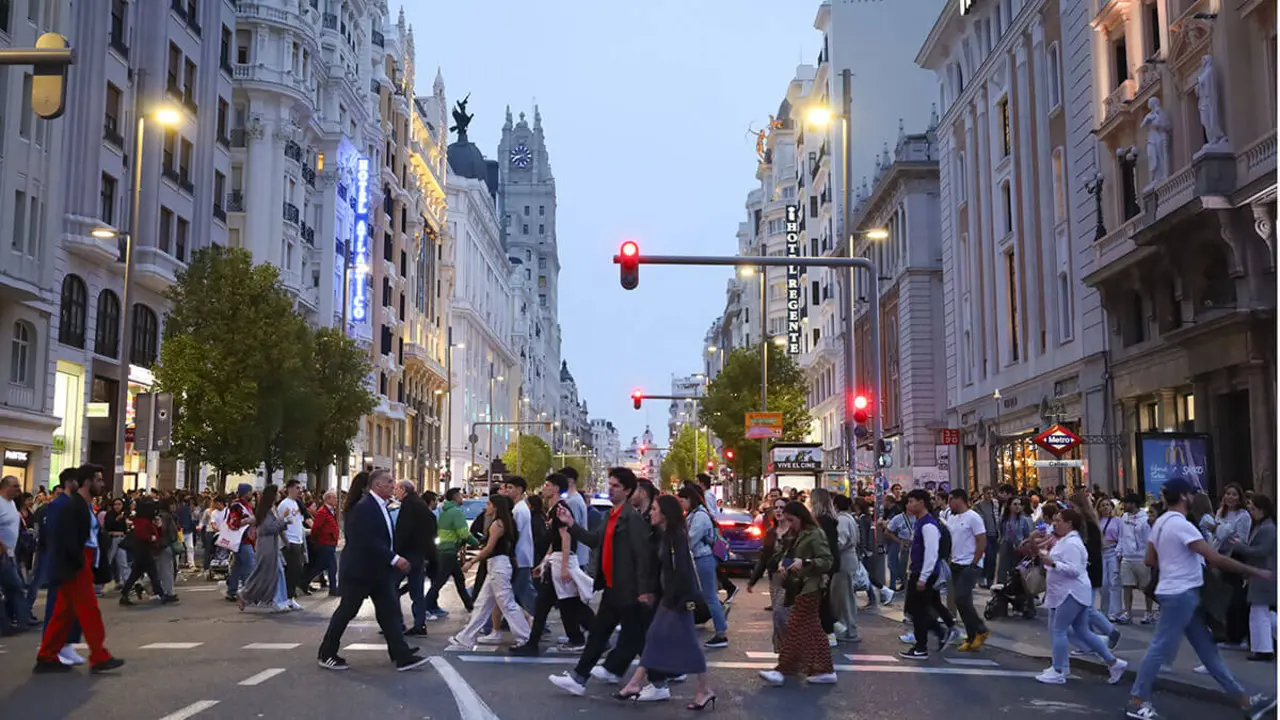ASCAME warns that the SDGs of the Agenda are moving away from 2030 and that the Mediterranean is one of the most affected regions
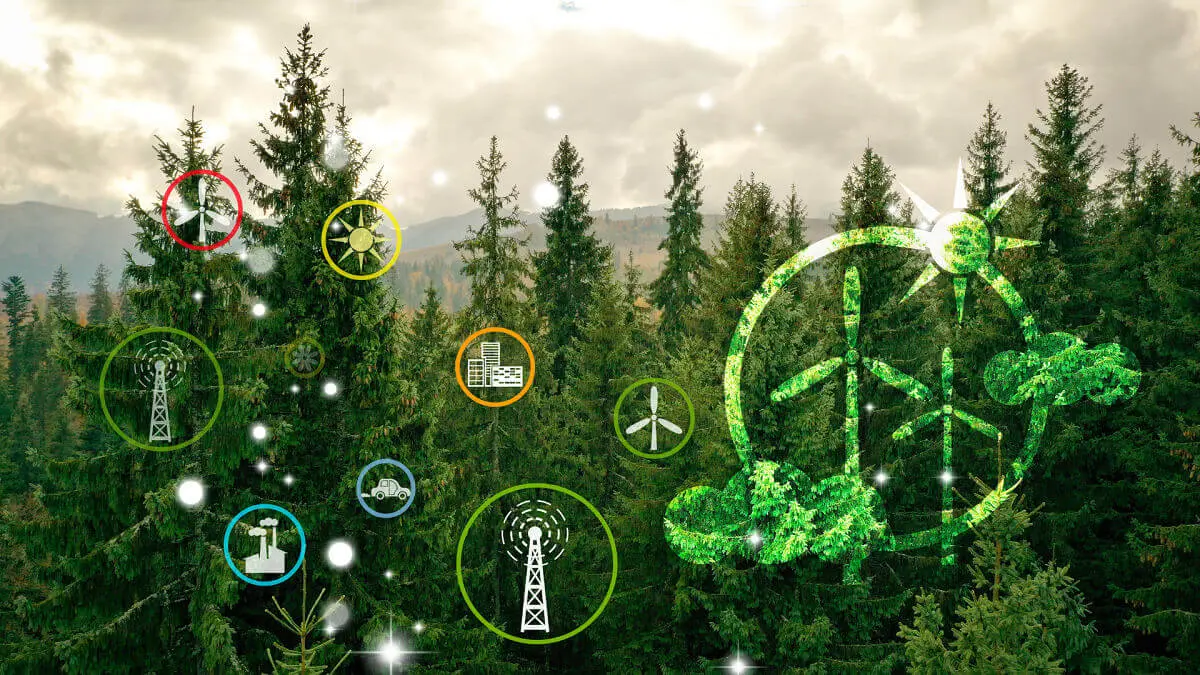
The failure to meet the 17 Sustainable Development Goals (SDGs) set by the United Nations for 2030 is bad news for the world and especially for the Mediterranean region, where climate change is the key challenge of our time and the main challenge for its economic development.
This is what the Association of Mediterranean Chambers of Commerce (ASCAME) warns in view of the data in the UN's Sustainable Development 2023 report, according to which only 12% of the measurable goals will be achieved by 2030. According to the report, 50% of these goals will be unattainable and, moreover, up to 30% of these goals have worsened compared to the starting point of 2015, which was when the 17 SDGs were established.
An unfavourable global context is contributing to slow progress towards achieving the 2030 Agenda goals. The pandemic has had significant social, economic and environmental consequences that are slowly being reflected in the data. Ongoing crises and conflicts have disrupted global supply chains and fuelled inflation and uncertainties and contributed to volatile food and commodity prices and a constrained financial environment.
ASCAME warns that this situation is particularly serious in the Mediterranean, one of the regions most affected by the consequences of climate change. It not only causes losses of 5-15% of its annual GDP, but also increasingly frequent natural disasters such as floods, earthquakes, rising sea temperatures (warming 20% faster than the global average), water shortages, loss of biodiversity and declining agricultural productivity.
To which we should add the negative impact that failure to meet the SDGs will have on the achievement of increasingly urgent social challenges, such as eradicating extreme poverty, guaranteeing gender equality and inclusive education, achieving a higher percentage of sustainable cities, or moving towards a productive model based on the green and blue economy.
According to Anwar Zibaoui, general coordinator of ASCAME, "our medium and long-term well-being depends on a healthy environment supported by sustainable economic and social development". In his view, "The 17 SDGs continue to provide a comprehensive framework for the bold and transformative action needed to build a greener, fairer and more prosperous Mediterranean".
ASCAME's call
In this context, ASCAME calls on the public and private sector to work together to achieve several measures that could reverse this situation:
- More financing: for the institution, it is essential to avoid restrictions for the financing of development and climate action projects. Create fiscal space to increase funding for climate adaptation.
- More private sector involvement: the private sector, which provides 60% of global GDP and 90% of jobs, needs to be involved.
- More coherent policies: rules for dealing with risks and crises must be framed in coherent policies with specific priorities, not short-term, scattered actions, but in line with an integrated approach to progress towards sustainable development.
- More multilateral cooperation: a reformed multilateral system that is capable of meeting the challenges of the future is urgently needed. In order to achieve the goals of the 2030 Agenda, ASCAME calls for a reflection on new practices in international cooperation and multilateralism. According to Anwar Zibaoui, "some countries want to hinder collaboration in some areas, but they do not have the capacity to solve global problems on their own".

